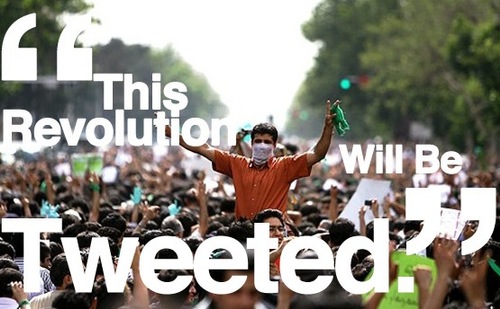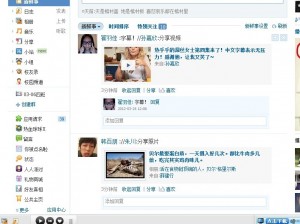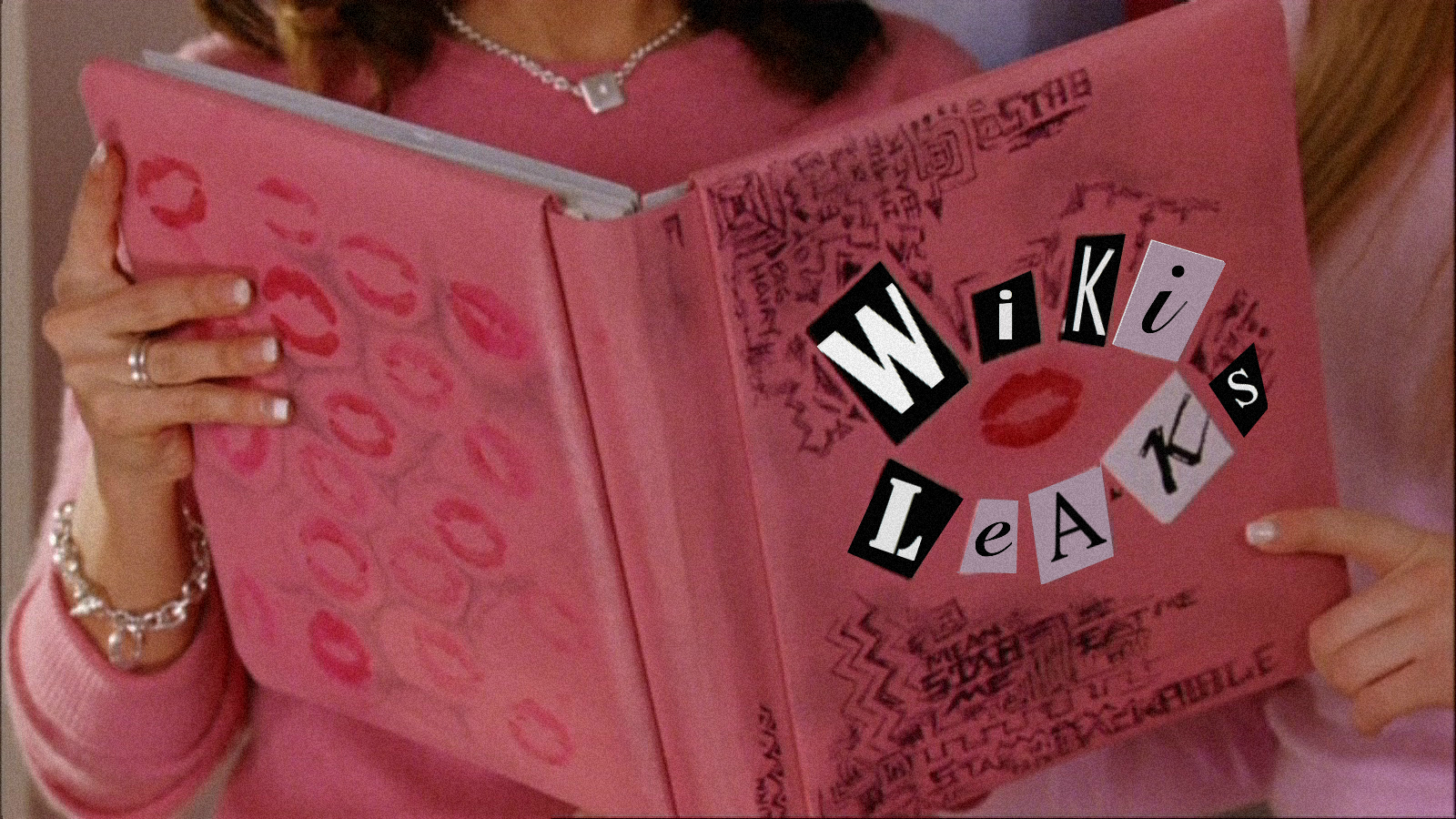African government has a history of avoiding media attention as media reduces their power to control over the people. In 1982 entire African continent built radio communication. It was first media communication in African. Since the establishment of radio communication African governments has been constantly censoring and checking programming that would put them in bad situation. In Kenya broadcast Centre there are two main media groups have power. Nation Media Group and Standard Group are the two most dominant in Kenya, they activate in both English and Swahili. These two groups are accredited for their efforts, skills of record for subjecting government and other authorities.
History of Ushahidi came from election of Kenya. December 27, 2007 was day of election occurred and people want Raila Odinga from the orange democratic movement party to be elected. First day of election Raila Odinga was leading over 1 million votes but was slowly merged into a small margin of victory for Mwai Kibaki. On December 30, 2007 Result of Kenya election commission declared Kibaki the winner and people start having complain about result. When people’s anger spread quickly Ministry of Security suspended all live broadcasts and the country erupted into violence. Violence filled entire country for several days and casualties from the violence was 1000 people dead and 500 were injured. Since the mainstream media was suspended and the country was in state of violence, one of the residents of Kenya Ory Okolloh suggested to make a site that would utilize civilians to track events going on throughout the county and this is how Ushahidi came out.
Ushahidi is origin from Swahili, which means testimony and witness. There are reasons why it become famous and took important role, because it is easy to use, accessible to anyone at anytime and deployable worldwide. Ushahidi was used in the democratic of Republic of Congo to avoid Kenya government interference. One of the great ability of Ushahidi is anyone can send information either through any devices with digital date connection like SMS, pictures and videos. Information uploaded every single minute and posted almost instantly on to an interactive map that can be viewed both on a computer and a smart phone. One of the advantages of Ushahidi is that it is open source that anyone can download, improve and filter the service or modify it.
I think Ushahidi wasn’t very effective to people in Kenya because Kibaki is still the president of Kenya. I think it provide enough valuable source of information as it was able to gather more data than any other mainstream media sources. Also I believe that it is really quick way to report event around the world because people upload their information anytime. At last it provides really quick response of big events that mainstream media may not be able to over in time due to the limited amounts of journalists they had.










